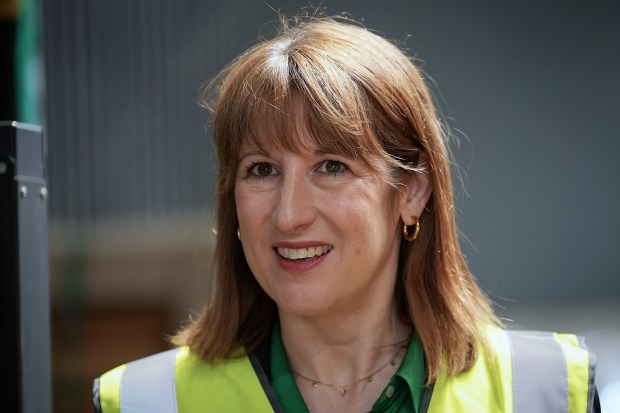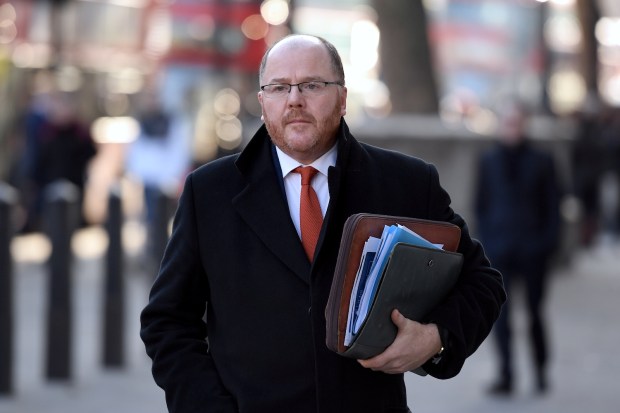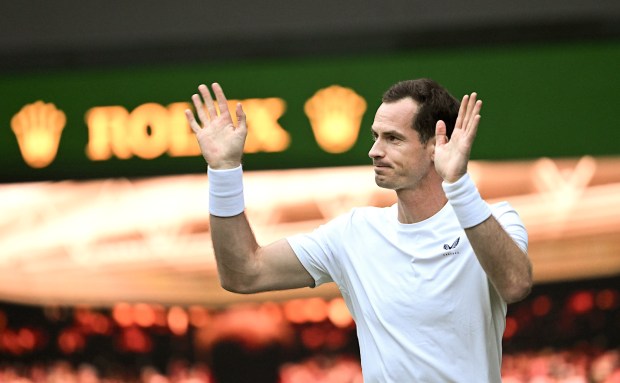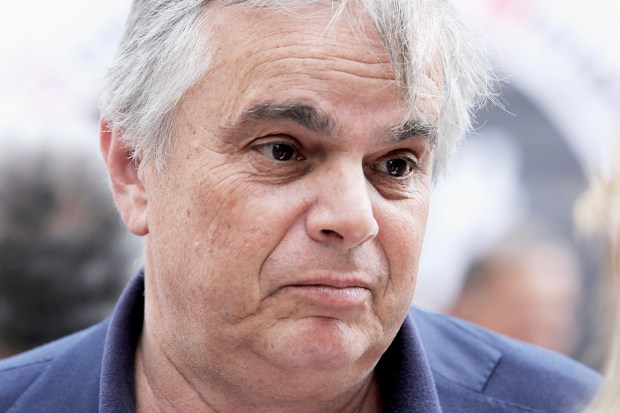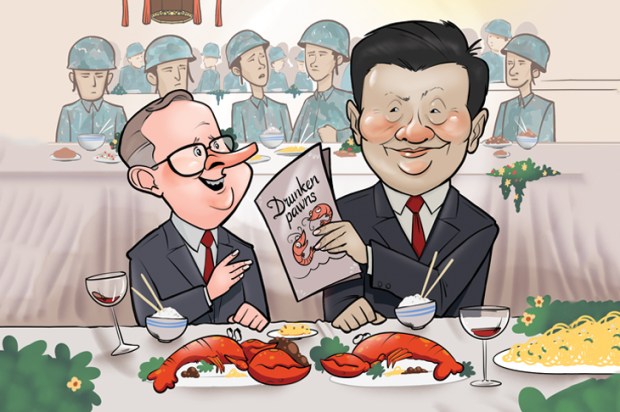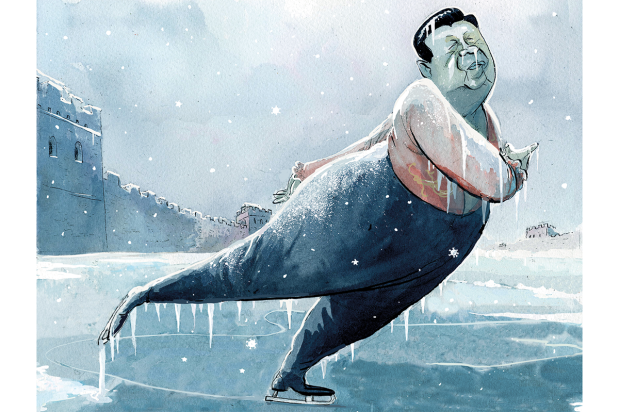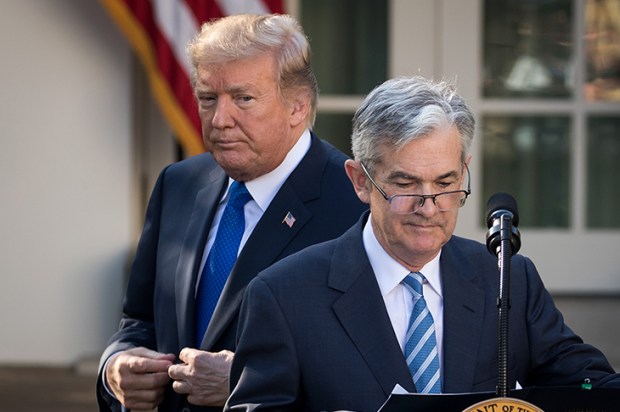The Tories took a serious beating in Thursday’s by-elections. Whilst Boris Johnson and his government refuse to take responsibility for the big issue of the day – inflation – and fail to convey any meaningful central purpose to their government (‘levelling up’ being clearly nothing more than an empty soundbite) they will continue to face huge electoral defeats. It really is as simple as that.
When I say the government needs to take responsibility for inflation the immediate question is: ‘So how would you get it down?’ But that is the wrong place to begin. The first thing the government needs to do is to take political and policy responsibility for inflation. At present, whenever he talks about inflation Boris Johnson looks to blame someone else. It’s all the fault of Putin, or of rapacious capitalists forcing up prices, or greedy unions demanding too high wage rises, or deluded Tory backbench MPs calling for tax cuts. The first step – by far the most fundamental – is for the government to accept and declare that the rate of inflation is something it can control and that it will take responsibility for controlling.
Obviously it’s politically tempting to declare that bad things are all someone else’s fault. But that won’t wash with Tory voters who imbibed with their mother’s milk the idea that the great Tory triumph of the 1980s was getting inflation down. It just reinforces a political message that Johnson’s government always wants to claim that everything is always someone else’s fault.
It also presents a disturbing message to voters that they are helpless in the face of the forces that steer their lives. This government was all about ‘taking back control’ of the policy choices that affect us. How did the government ever come to believe that didn’t apply to inflation?
Furthermore, the idea that inflation is some randomly induced phenomenon leaves workers and businesses all at sea in pay negotiations. Workers naturally want their wages to rise to protect them from future inflation. But by how much do they need to rise to achieve that? The government gives the impression inflation is not under its control. It has no credible target for inflation for the next couple of years. Notionally the inflation target is 2 per cent. Literally no one believes that the government wants the Bank of England to get inflation to 2 per cent in 2022. That 2 per cent number is some kind of mañana target. But if inflation is going to come down to 2 per cent in four years’ time, what is it to be in the meantime? Workers and businesses have to work out what wages to ask for and grant now, not at some vague future date.
The government needs to accept responsibility for inflation and tell us what its objectives are for inflation now. What inflation rate does it hope to achieve over the next 12 months? And over the year after that? That is what businesses and workers and investors and household budget-planners need to know.
Under our current system the government tells the Bank of England the inflation target it should seek to achieve. The Bank isn’t supposed to pick its own objective. But at present the government isn’t setting the Bank any target it genuinely wants the Bank to achieve. That central aspect of monetary policy is broken.
Mid-1970s inflation and late-1970s inflation were both heavily affected by oil price rises, as was inflation in 2008. There is nothing new about the current situation. It’s not even vaguely true that policy could not affect inflation now. For example, more rapid interest rate rises would strengthen the pound (or at least see it fall by less). A stronger pound would mean lower import prices – including in particular lower prices for importing energy.
Looking slightly further ahead, tighter monetary policy would mean some prices falling to offset rises in prices elsewhere, so the average price level change (i.e. inflation) would be lower. There’s no mystery as to how that could be achieved.
That doesn’t mean that’s necessarily a good idea. Maybe a credible inflation target would make the Bank tighten policy slower, cutting inflation by less than it would otherwise do. But let’s actually have this argument. At present there is no responsibility taken for inflation, so we can’t even argue it should be cut more slowly.
Rises in the cost of living are economically damaging and politically disastrous for governments. But rises seen (or in this case presented by the government) as out of control are even worse. If the government wants to recover politically it needs to take back control of inflation – soon.



